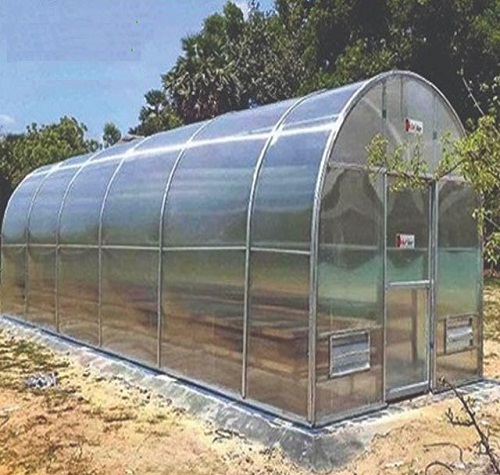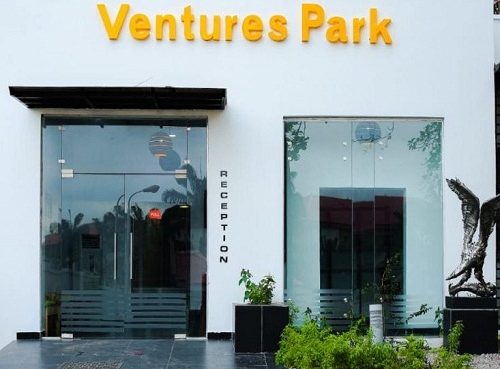Piqued by post-harvest challenges faced by farmers, the federal government has finalised arrangement to construct eight solar dryers with four in each of the federal constituencies in the country.
This, the government believes would go a long way to assist the farmers to dry their farm produce, thereby enhancing hygienic food production and security in the country.
Chairman, House of Reps Committee on National Planning and Economic Development, Hon. Abdulganiyu Olododo, dropped the hint to journalists in Ilorin, Kwara State, on the sidelines of the flag-off of the training on pilot post-seasonal intervention programme in his constituency held at the Nigerian Stored Products Research Institute (NSPRI), Ilorin
Olododo who also represent Ilorin east/Ilorin south federal constituency of the state said,”already, two of the solar dryers are ready for use in the federal constituency of the state.”
The lawmaker reiterated the need to diversify the economy so as agriculture would play a leading role.
He said that, “we cannot be left behind and there is no other time than now to acquire the skills needed in Agribusiness, that is why we involved NSPRI and other consultant to train you people on post seasonal management of roots and cereals and also on how to do business in agriculture.”
Olododo said one of the strategies towards increasing food production was to empower the farmers with skills which include the modern ways of drying agricultural produce and that was the reason he brought the intervention programme to his people in Ilorin East/ Ilorin South Federal Constituency.
He stated that, “As part of revamping economic activities of my constituency and Kwara state, increasing agricultural production and post-harvest management would be targeted for poverty alleviation, job creation, food security and improved livelihood.
“One of the failures of agricultural policies for addressing developmental challenges in developing countries particularly Nigeria is the lopsidedness of concentrating efforts on production at the expense of post-harvest activities.
“Yet, it is the agricultural activities such as storage and small scale processing after harvest that involves massive human engagement, which creates more small scale and family based business.
“Therefore, if agriculture is to be used for the development of the state, effective post-harvest management and value addition must be put in a place to complement the agricultural production activities. This way, agriculture will have direct bearing on the economic viability of the zone and be beneficial to the nation”.
He enjoined the 40 participants to be serious on the training and be free to interact and ask questions.
Olododo therefore thanked the management of NSPRI for organising the programme for the people and urged the people of the constituency to continue to support the government in its bid to boost the socio economic growth of the society.
Source: Thisday










